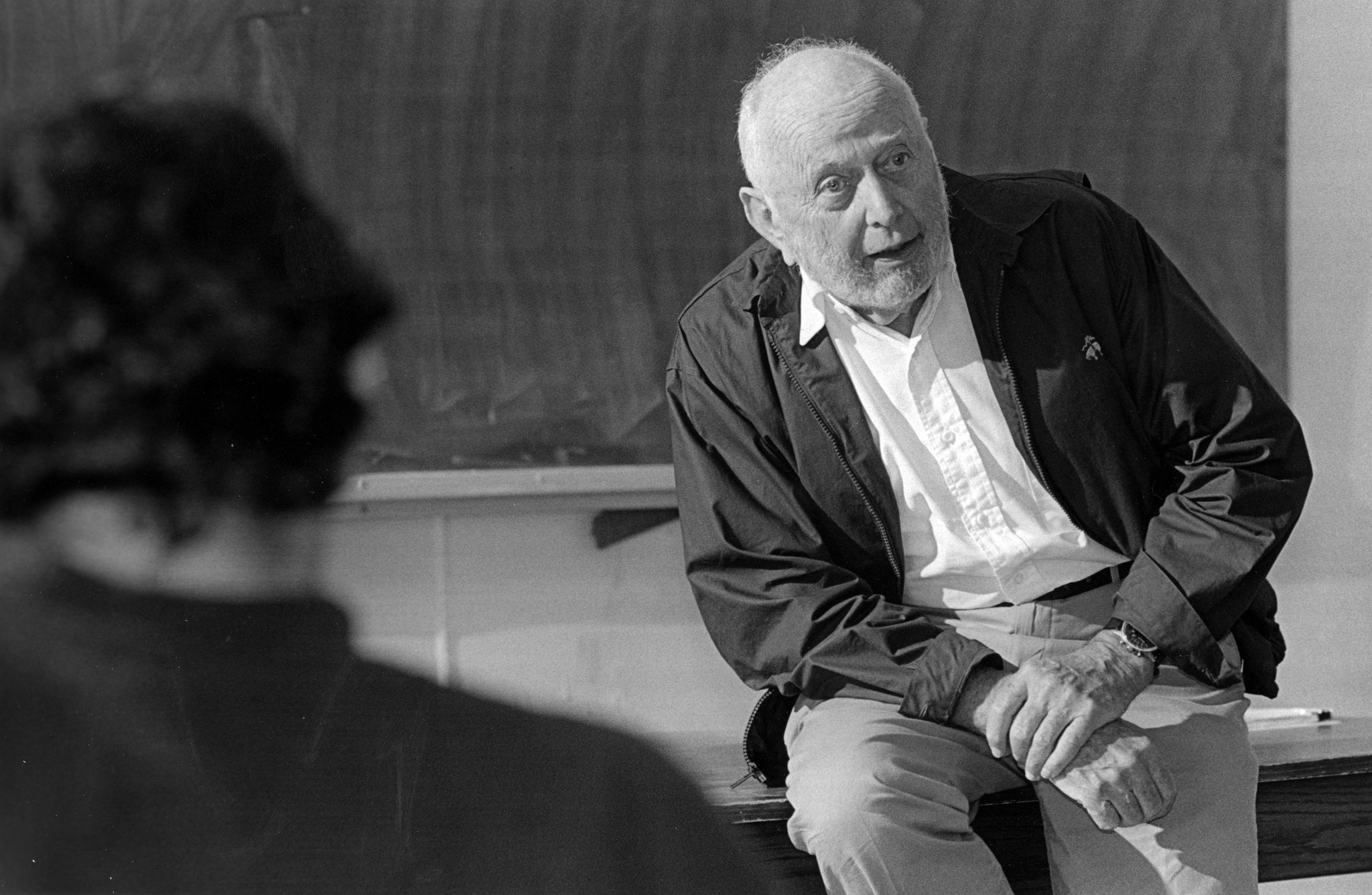Alva Myrdal 101: Who is the Famous Sociologist, Diplomat, Politician? In this article on Zatrun.com, we will cover in detail everything you need to know about Alva Myrdal, the famous Swedish Sociologist, Diplomat and Politician that our readers are curious about.
Who is Alva Myrdal?
Alva Myrdal, also known as Alva Reimer, was born in Uppsala. She was also a famous Swedish sociologist, diplomat and politician, who played an important role in the disarmament movement. She was the first child of a modest family and had four siblings. Her father was a socialist and a modern liberal, and they often moved to different places during her childhood. She continued her academic studies in the fields of psychology and sociology of the family and received a Bachelor of Science degree in Stockholm in 1924.
In 1929, Myrdal and her husband Gunnar Myrdal went to the United States as Rockefeller Fellows, where she deepened her studies in psychology, education and sociology. During her time in the United States, her focus on children’s education expanded. The observation of social and economic inequalities in the United States led to an increase in her and her husband’s political commitment, which was described as “radical”. They moved to Geneva to further their studies, where they investigated the population Decadence that worried many Europeans during the interwar period. Alva Myrdal was one of the prominent leaders of the disarmament movement.

Together with Alfonso García Robles, she was awarded the Nobel Prize in Peace in 1982. Alva Myrdal married Nobel laureate Gunnar Myrdal in 1924, and the couple became the sixth married couple to receive a Nobel Prize. Gunnar Myrdal won the Nobel Memorial Prize in Economic Sciences in 1974, Alva received the Nobel Prize independently, making them the first married couple to win a Nobel Prize separately. She passed away on February 1, 1986, leaving behind a legacy of peace activism and social change.
Family Politics and the Population Problem
Alva Myrdal gained public acceptance in the 1930s as one of the main proponents of the establishment of the Swedish welfare state. in 1934, she collaborated with Gunnar Myrdal to write The Crisis in the Population Problem, a book that promoted individual freedom, especially for women, while at the same time discussing childbearing and the social reforms necessary to promote population growth. The book also emphasized the importance of shared responsibility Decoupled between parents and trained child educators for the education of children.
Alva Myrdal was a critic of the preschool system in Sweden and proposed a reformed preschool system by publishing Urban Children in 1935. He believed that the current childcare was inadequate, that measures aimed at the less fortunate were at odds with those of wealthy families. He stressed the need for social and economic reforms and aimed to integrate the two extremes. in 1936, he became the director of the National Educational Seminary, which he co-founded, and while training preschool teachers, he emphasized the recent lack of educational research on preschool teacher training.

Alva Myrdal integrated the latest child psychology discoveries into her teaching and focused on social studies and women’s personal development. In collaboration with architect Sven Markelius, Myrdal designed Stockholm’s Collective House in 1937, which aimed to provide women with more domestic freedom. She and her husband moved to the United States in 1938, where she published “Nation and Family (1941)”, a book discussing the Swedish family unit and population policy. During World War II, Myrdal returned to Sweden periodically.
Her Career Life
Alva Myrdal, a leading member of the Swedish Social Democratic Party, became an important voice in the international arena in the post-war period. Her relationship with the United Nations began in 1949, when she was appointed head of the welfare policy department. From 1950 to 1955, she headed the social sciences department of UNESCO, making her the first woman to hold such an important position at the UN.
Myrdal’s international studies also took her to New Delhi, India, Yangon, Myanmar and Colombo, Sri Lanka, where she served as ambassador to Sweden from 1955 to 1956. In 1962, Myrdal was elected to the Riksdag and sent to the UN disarmament conference in Geneva, where she played an active role as the leader of the non-aligned group of nations. She held this position until 1973 and expressed her disappointment at the lack of progress of the USA and the USSR in her book “The Game of Disarmement”, which she wrote based on her experiences in Geneva.

Alva Myrdal also played a vital role in the establishment of the Stockholm International Peace Research Institute, serving as the first chairman of its board in 1966. she promoted reforms in child care and became the president of a government commission on women’s studies and the Federation of Business and Professional Women. Her efforts towards disarmament were recognized in 1982, when he received the Nobel Peace Prize together with Alfonso García Robles. Myrdal also ended a discussion about the future of Adolf Fredrik’s Music School in 1983.
Her Other Achievements
Alva Myrdal and Gunnar Myrdal were jointly awarded the West German Peace Prize in 1970. She received the Wateler Peace Prize in 1973, the Grand Prize of the Royal Swedish Academy of Engineering Sciences in 1975, the Monismanien Prize in 1976. She also received the Albert Einstein Peace Prize in 1980, the Jawaharlal Nehru Prize for International Understanding in 1981, and the Nobel Peace Prize in 1982, which she shared with Alfonso García Robles.












